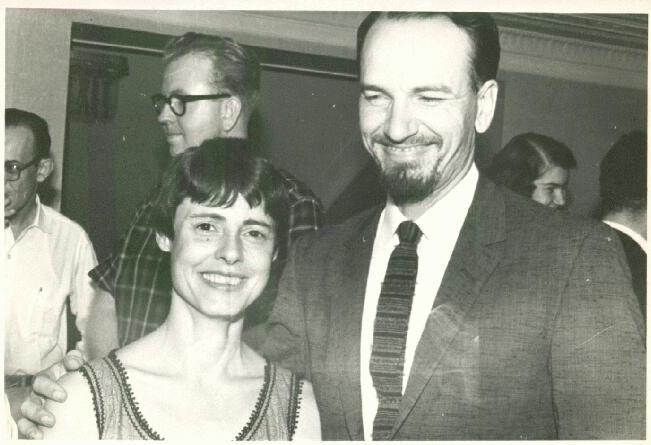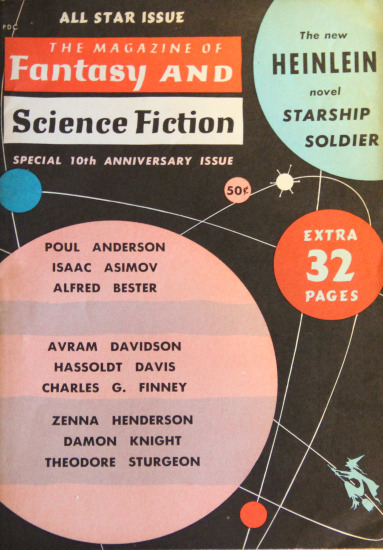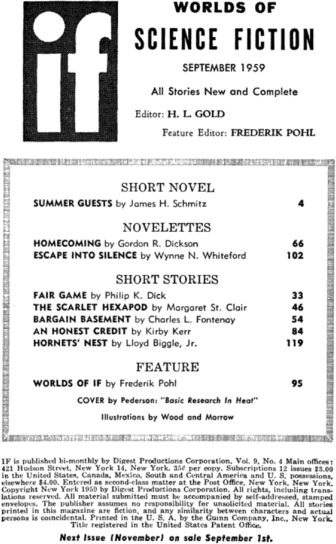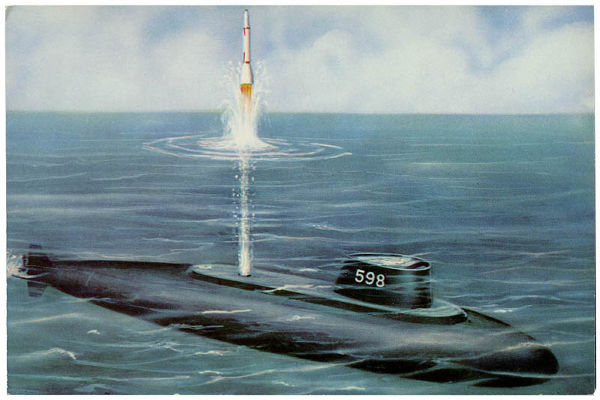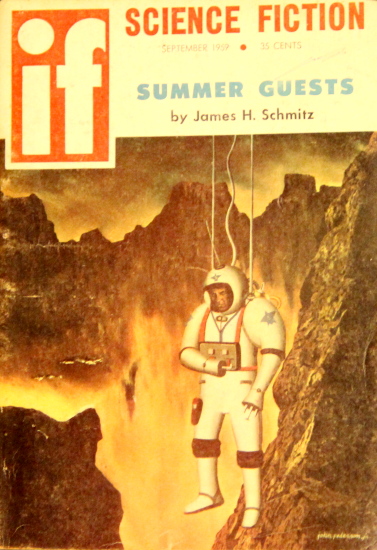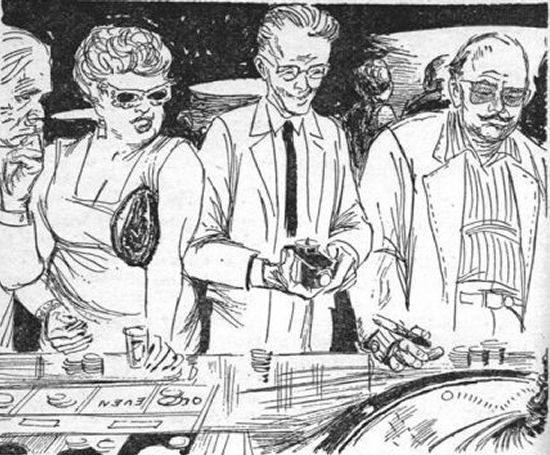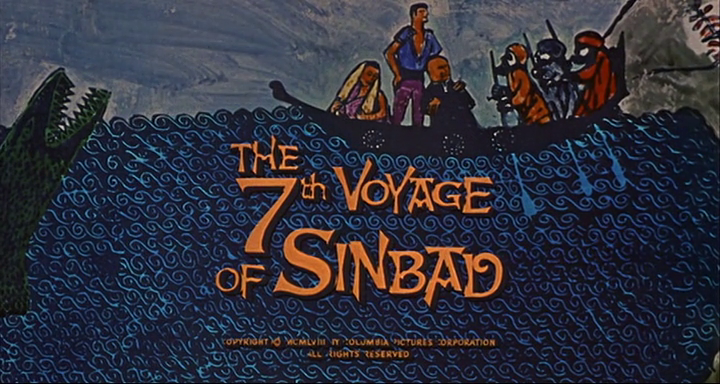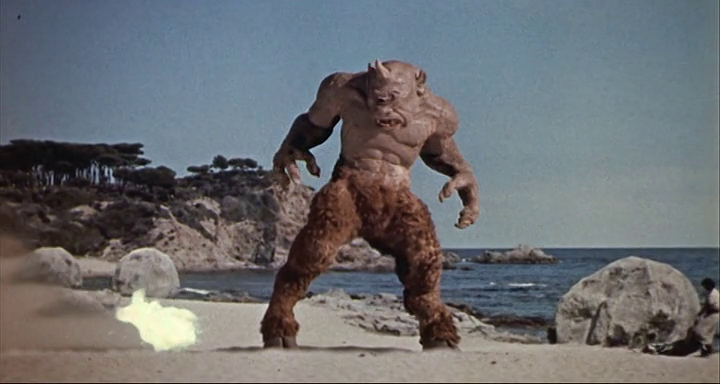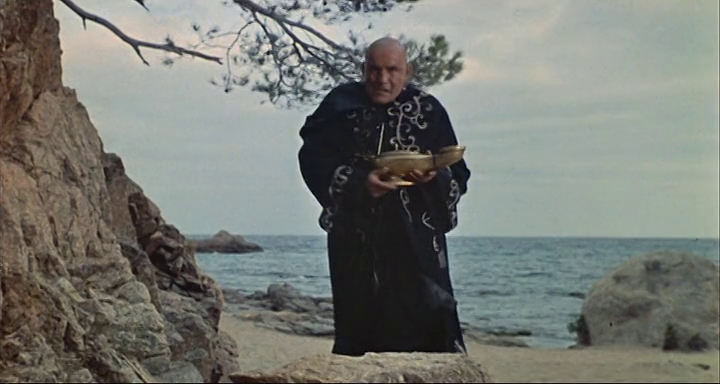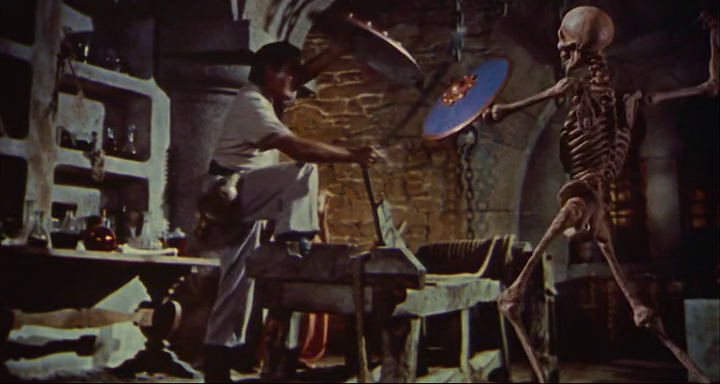
Statistics are (is?) fun. There is a simple joy to compiling data and finding patterns. Since the beginning of the publishing year, i.e. issues with a January cover date, I have been rating stories and magazine issues in aggregate. This is partly to help me remember the stories in times to come and also to trace patterns of quality. In a couple of months, I plan to have my own mini-Hugo awards; perhaps one of you might help me think of a catchy name.
I use a 1 to 5 star rating system, and until this month, individual issues varied between aggregate ratings of 2.5 and 3.5. But this month, the October 1959 issue of Fantasy and Science Fiction broke the curve scoring an incredible, unprecedented 4.5 stars. That’s about as close to perfection as I can imagine, and I strongly urge all of you to get your hands on a copy while they remain at newsstands.
I talked about the first third of the book last week. I’ve since finished the rest, and the quality has not dipped an inch.
To be sure, Charles G. Finney’s The Gilashrikes is only decent. A biologist mates his gila monster to his shrike, and the resulting hybrid, in an attempt to make up for their ignoble provenance, become the town moralists, enforcing virtue to an increasingly annoying degree. I know of Finney from the much raved-about Circus of Dr. Lao, and Gilashrikes has a similar, whimsical quality.

Operation Incubus, by Poul Anderson, on the other hand, is fantastic in both senses of the word. A newlywed magician couple, one a lycanthrope, the other an adept (relearning her trade after losing the maidenhood that was the source of much her power) go on a honeymoon only to run afoul of demonic predators. It’s lyric, tasteful, and impacting. Also very exciting. It paints a universe much like ours, but with magic more intertwined with our lives. Highly recommended.
Hassoldt Davis’ The Pleasant Woman, Eve is a Garden of Eden story starring God and the Wandering Jew discussing how to get the first humans to make more of themselves independently. It’s very good, but it could have used an extra paragraph. Perhaps space concerns dictated the abrupt ending.
The Pi Man is Alfred Bester’s latest tale of a haunted, pursued psychic. In this case, the protagonist is sensitive to karmic patterns, and he must do good and hateful things, in turn, to maintain balance in the universe. It’s very strangely written, and it took me a few pages to get into it, but I found the journey ultimately rewarding.
Finally, for the short stories at least (and they are all under 16 pages in length to accommodate Heinlein’s serial) is Avram Davidson’s Dagon. I must confess that I did not quite understand this rather ominous tale of an American soldier’s rise to virtual Godhood in post-War China. As the fellow becomes more powerful, he becomes more detached from reality, in the end becoming an intangible viewpoint on the world.–a literal goldfish in a bowl. Perhaps that is the point—with power comes a loss of free will and agency. Or perhaps it was just a comeuppance delivered by a mischievous old Chinaman.
As for the novel, Heinlein’s Starship Soldier, the first half is excellent, particularly in contrast to Dickson’s recent military serial, Dorsai!. Oh, it’s got its share of Heinlein preaching through the mouths of characters, but he has to get it out somewhere. I’ll devote a full article to the story next month.
As a teaser for the next article, I've just learned that the Soviets have launched their second lunar probe. It only takes half a day to get there, so we'll know if it was a success in short order!
—
P.S. Galactic Journey is now a proud member of a constellation of interesting columns. While you're waiting for me to publish my next article, why not give one of them a read!
(Confused? Click here for an explanation as to what's really going on)
This entry was originally posted at Dreamwidth, where it has comments. Please comment here or there.



